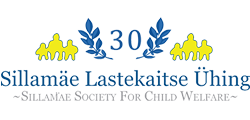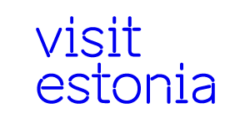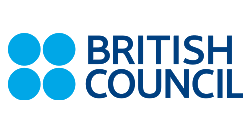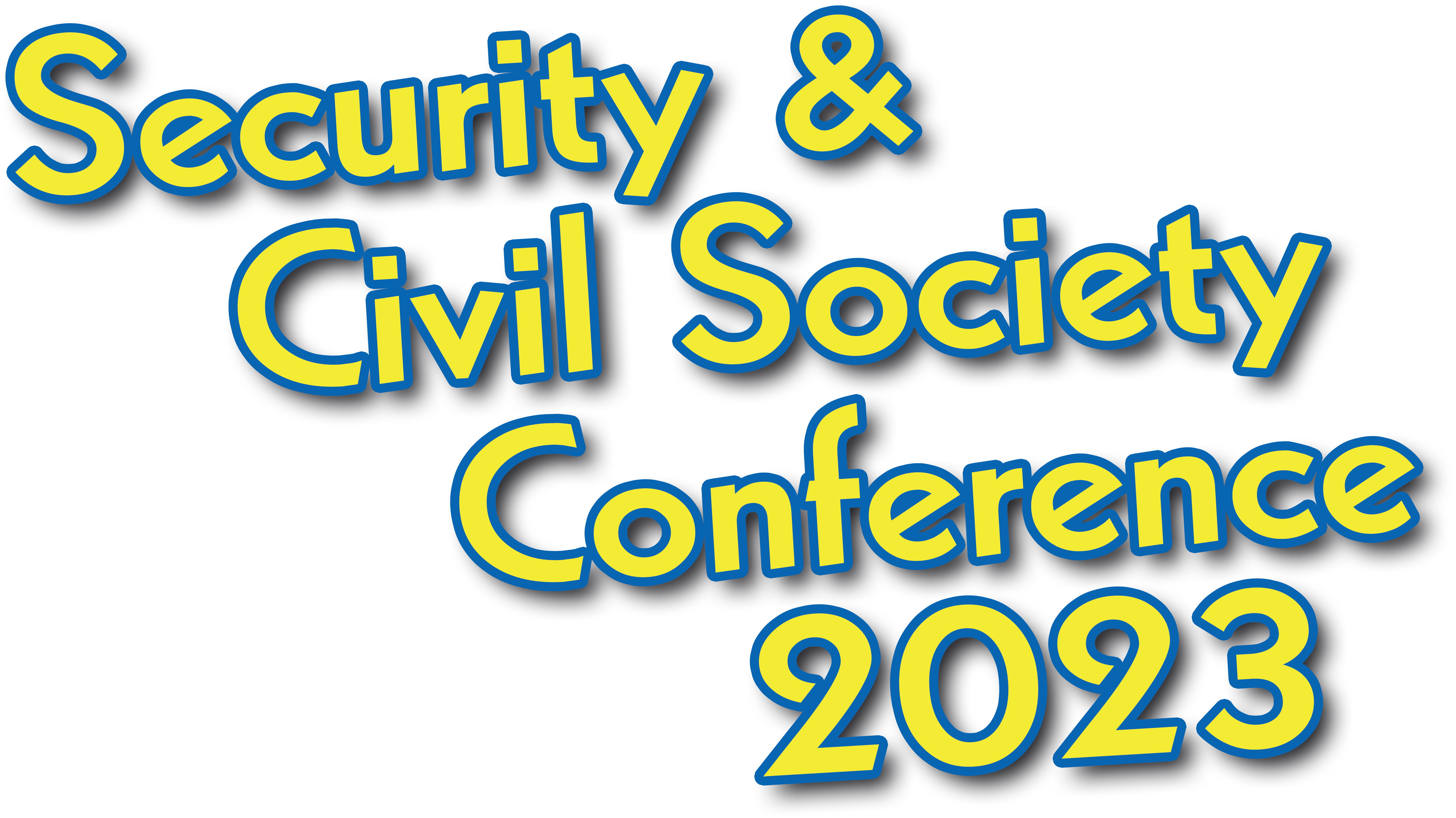“Civil Society Ideas for the sustainable green Future of Europe”
25th-28th May 2023, in Tallinn, Estonia
To discuss the contribution of civil society and the promotion of cooperation with business and state sectors in meeting the goals of sustainable development, and to raise awareness of CSOs about sustainable lifestyles, environmental protection and circular economy and overconsumption, introducing good practices, innovative methodologies and existing solutions.
Green Habito Annual Meeting & Conference 2023 “Civil Society Ideas for the sustainable green Future of Europe“ is a three-day event (26th, 27th and 28th May 2023) that will include an intensive programme of high-level discussions, working groups, development of the civil society initiatives and which brings together a unique network of civil society representatives, the purpose of which is to discuss the contribution of civil society and the promotion of cooperation with business and state sectors in meeting the goals of sustainable development, and to raise civil society’s international capacity and awareness of sustainable lifestyles, environmental protection and the important topics of the green economy, including about the circular economy and overconsumption.
Target group: annual meeting and conference is open to all members of Green Habito Network, interested individuals, representatives from public, private and civil society sectors whose work is connected directly or indirectly with sustainability politics, civil society and the UN SDG-s. We welcome environmental organisations, youth organisations, educational institutions, green industry leaders, academics, researchers, legislators, planners and policy specialists in all relevant areas tackling sustainability and green economy questions, representatives from International institutions, intergovernmental organisations, governments, ministries or departments, international donors, national and regional climate change organisations. For international participants a total of 50 places are available.
CONFERENCE THEMES:
• Social transformation, climate change and environmental protection
Social Transformations arising from Environmental Change in recognition of the necessity to address crises ranging from the reduction of natural resources, food, water and energy shortages, loss of biodiversity the pressure of accelerating urbanization and population growth, to climate change and natural disasters.
• Civil society, government and business networks are taking the circular economy and innovation to the next level
Engagment of all three sectors (Civil Society, Government and bussiess) is important in achivment of circular economy goals. A circular economy favours activities that preserve value in the form of energy, labour, and materials. This means designing for durability, reuse, remanufacturing, and recycling to keep products, components, and materials circulating in the economy. Innovation in the circular economy is necessary to increase the lifespan of the raw materials used for production. If we find ways to repair, repurpose, recycle, upcycle or re-manufacture products, giving them a new lease of life, less raw materials will be needed in the future.
• Researching current consumption patterns and integrating a sustainable lifestyle
The driver for sustainable consumption and production are the environmental and social challenges that threaten both humankind and the planet including climate change, land degradation, air and water pollution, depletion of non‐renewable resources, poverty and hunger. Unsustainable patterns of consumption and production, including inefficient use of resources, contribute significantly to these challenges.
• The role of civil society organizations in fighting for the green transition and sustainable development
Sustainable consumption is related to the process of purchasing, consuming and disposing of products, while sustainable lifestyles comprise a broader set of activities and values, such as interactions and education, which include, but are not limited to material consumption. Lifestyles serve as “social conversations”, in which people differentiate themselves from other people, signal their social position and psychological aspirations. Since many of the signals are mediated by goods, lifestyles are closely linked to material and resource flows in the society. Sustainable lifestyles are patterns of action and consumption, used by people to affiliate and differentiate themselves from others, which: meet basic needs, provide a better quality of life, minimise the use of natural resources and emissions of waste and pollutants over the lifecycle, and do not jeopardise the needs of future generations. Sustainable lifestyles should reflect specific cultural, natural, economic and social heritage of each society. A sustainable lifestyle is a way of living enabled both by efficient infrastructures, goods and services, and by individual choices and actions that minimise the use of natural resources, and generation of emissions, wastes and pollution, while supporting equitable socio‐economic development and progress for all. Creating sustainable lifestyles means rethinking our ways of living, how we buy and how we organise our everyday life. It is also about altering how we socialise, exchange, share, educate and build identities. It is about transforming our societies and living in balance with our natural environment. As citizens, at home and at work, many of our choices on energy use, transport, food, waste, communication and solidarity contribute to building sustainable lifestyles. Governments have a key role to play by creating the appropriate frameworks and infrastructures (regulatory instruments, technological innovations, new public services) to enable citizens to change, but a Civil Society is also playing crucial role in advancing the change in the communities to more sustainable solutions and habits. Information and education are essential, as well as the full participation of civil society in the movement and the involvement of the business sector that can develop innovative solutions for sustainable lifestyles.
ACTIVITIES
Programme of the event includes: an international conference, annual meeting of the network and side events (workshops, study visits and meetings with NGOs and officials).
RESULTS
At the end of the conference, a list of suggestions to decision makers will be prepared with proposals for a specific solution for the government, business and civil society sector on how to cope and promote circular economy, reduce overconsumption and integrate innovation solutions to achieve more sustainable living.
Within the framework of the key discussion, it is a good opportunity to get to know Nordic and Estonia’s views on the challenges that exist in Europe and record Estonia’s contribution to achieving the goals of sustainable development, as well as learn about the circular economy, reducing overconsumption and green turn solutions to better serve civil society for the future of Europe.
PROGRAMME
The programme will consist of plenary lectures and speeches, panel discussions, workshops, study visits, a round table and Working groups in World Café discussions formate involving all participants. Participants will be expected to share their experience – and emphasise to younger participants and CSOs their perspectives on the ‘art of the possible.’ They will also be expected to deliver targets and action ideas for implementation at local, national and international levels. The focus will be to contribute effectively to sustaining peace in regions, promote peaceful and inclusive societies for sustainable development by and spreading knowledge and outcomes to CSOs, research and political institutions, communities and individuals involved back in their home countries.
THE VENUE
Hestia Hotel Europa is situated in Tallinn city centre, right between the city’s sea gate of passenger port, fast-growing Rotermann block and medieval old town. Four-star Tallinn hotel is focused on business- and conference clients, as its versatile conference centre capacitates events with as many as 700 guests. At the same time the hotel is valued for its spacious and comfortable rooms, therefore offering a perfect stopover for every guest who appreciates convenience and good location!
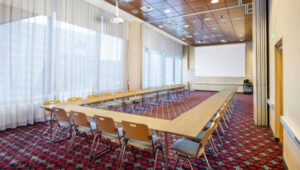 The venue of the conference is mainly Hestia Hotel Europa conference Centre (East Europe room).
The venue of the conference is mainly Hestia Hotel Europa conference Centre (East Europe room).
For our conference guests there are 9 differently sized multifunctional conference and meeting rooms that are perfect for hosting meetings, conferences, expositions, and other events. Conference rooms are spacious and most of them have large windows offering beautiful views. All of our conference and meeting rooms are equipped with modern devices for all your video, sound and presentation needs, including free Wi-Fi. To elate your events and offer participants little vacation between all the hard mind work we also offer various break-time activities.
ACCOMMODATION
All the delegates are accommodated in hotel: Hestia Hotel Europa. The conference fee consists of accommodation in shared rooms. Private rooms are available on request and additional fee.
OFFICIAL LANGUAGES
The working language is English.
REGISTRATION
The delegates are invited to participate in Network Conference “Civil Society Ideas for the sustainable green Future of Europe” 2023 by submitting their applications.
If your application has been accepted, we request each delegate to confirm the participation in 7 days by sending a letter to registration@sscw.ee or by phone +372 55602993.
More information, please write: Mr. Vassili Golikov – vassili@sscw.ee
NETWORKING
Please join the Conference Facebook group here





